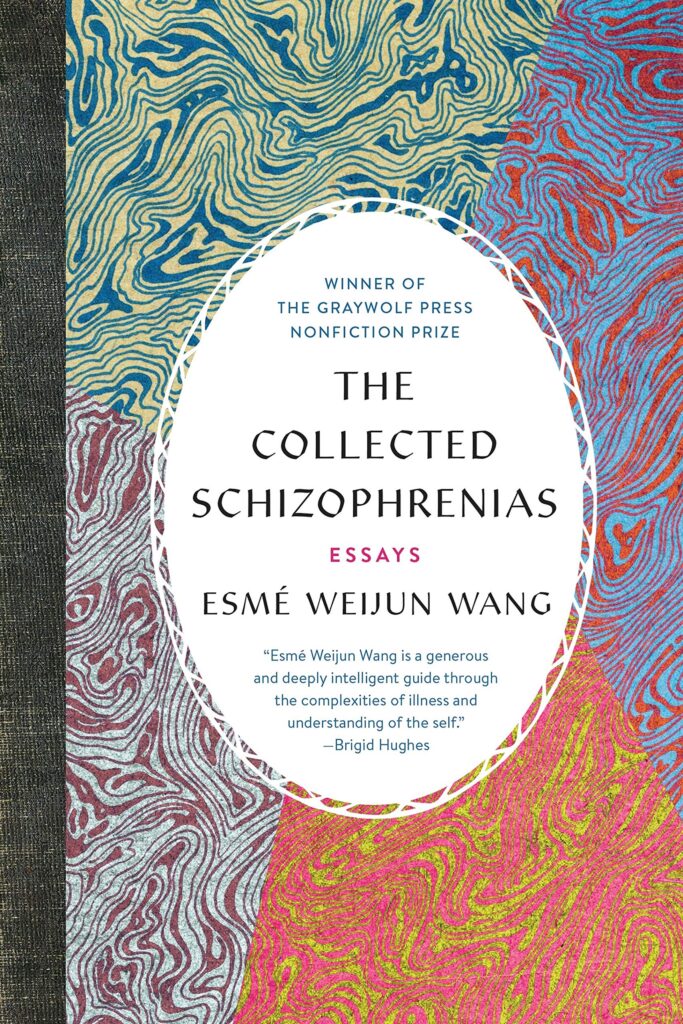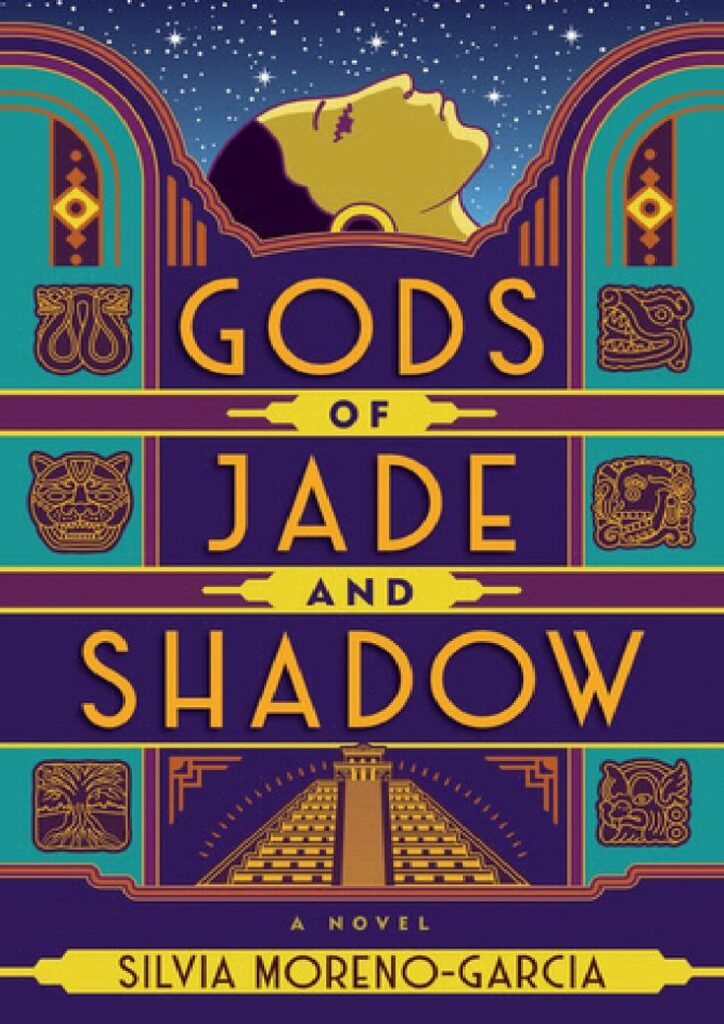
I have a migraine and no idea how to review a book like this, so I’m not going to, except to say that I liked it. A lot of disability memoirs read like the writer is an astronaut all alone in the dark void of Illness, which is probably why they appeal more to readers who don’t think of themselves as sick or disabled. The essays in The Collected Schizophrenias are all in conversation with people and communities. They feel like they were written for us.
Instead of a review, I’m going to give you a list of other personal essays I think you’d like if you liked The Collected Schizophrenias. Which is a sneaky way of saying that if you like these essays, you’ll probably like The Collected Schizophrenias.
Also, my favorite quote, which comes late enough in the book that it would probably be considered a spoiler if you could spoil people’s real lives:
Rebecca Solnit says in The Faraway Nearby, “There is a serenity in illness that takes away all the need to do and makes just being enough,” which has not been my experience. After all, prolonged and chronic illness stitches itself into life in a different way than acute illness does … The absolution from doing more and dreaming big that I experience during surgeries and hospitalization is absent during chronic illness.
The Essays
“Lyme Disease Changed My Relationship with the Outdoors” by Blair Braverman (Outdoors)
After all, until then, my health had always made sense to me. It didn’t occur to me that might change—that my ability to move and work and be outdoors, to live the life I’d built, could dissolve in a week.
“What Did My Mother the Chemist See in Betty Crocker?” by Celeste Ng (The New York Times)
Then, as an adult, I actually read the text and discovered that woven into the recipes were tidbits of advice for the 1960s homemaker: The man you marry will know the way he likes his eggs. And chances are he’ll be fussy about them. So it behooves a good wife to know how to make an egg behave in six basic ways.
“What It’s Like Having PPD As A Black Woman” by Tyrese Coleman (Buzzfeed)
When life was hard, there was no luxury to wallow. Don’t nobody have time to be depressed! There were children to feed, bodies to bathe, houses to clean. I know there are black women not so strong, but I don’t remember seeing my mother cry.
“After Years of Writing Anonymously About Fatness, I’m Telling the World Who I Am” by Your Fat Friend/Aubrey Gordon (Self)
As I wrote, my perception of the life I’d lived began to shift. I had long thought of myself as living a charmed life, and for the most part, I did. But that perception was contingent on continuing to ignore experiences that were the direct result of anti-fat bias.
“We Don’t Talk About Mental Illness In My Family” by Larissa Pham (Buzzfeed)
We speak of it in whispers, though everyone’s been treated for it at some point, Prozac and Zoloft and Lexapro all the way down the family tree, and yet here I must also admit we’re all just as apt to believe in ghosts as to believe in something like brain chemistry. What is depression, anyway, when you’ve already passed through the fire and returned?
Bonus
One of the essays in The Collected Schizophrenias, “Who Gets To Be The “Good Schizophrenic”?,” was originally published on Buzzfeed. Read it for a sample of Weijun Wang’s writing. Send it to your friends.
Then, if you haven’t already, buy the book on Bookshop.org or Amazon.

